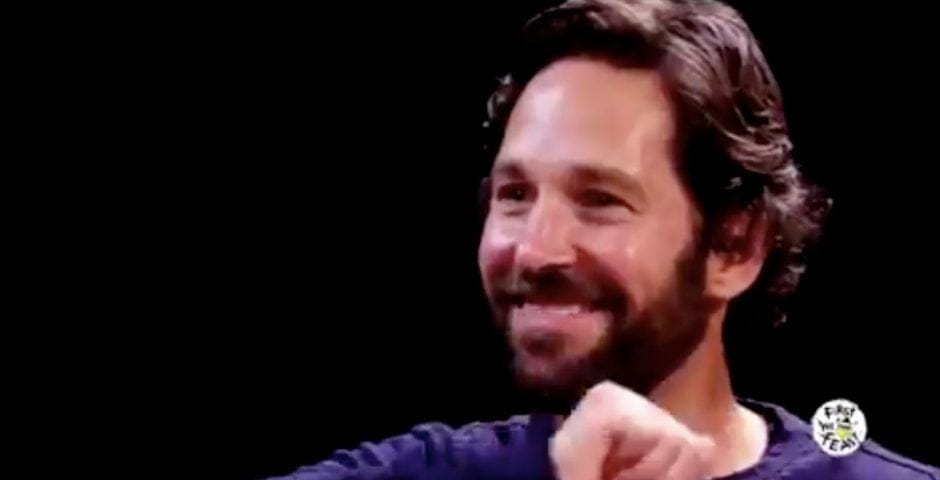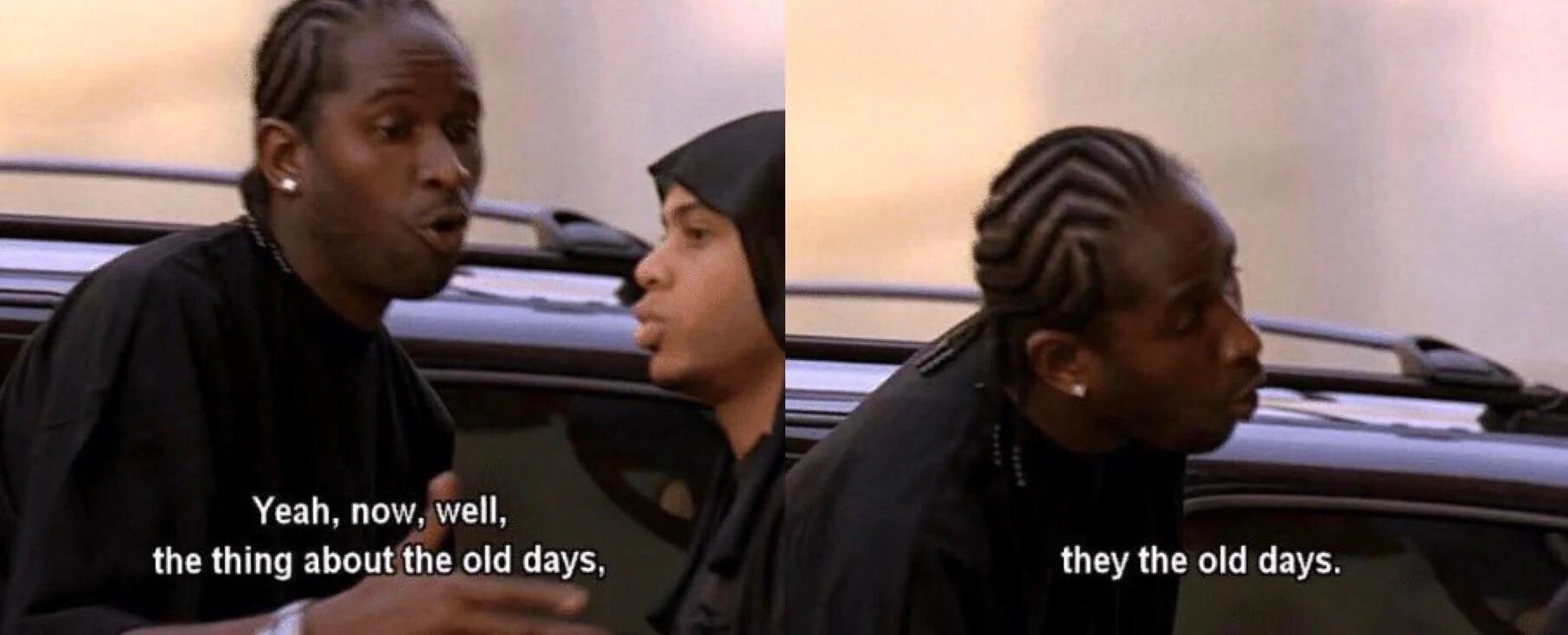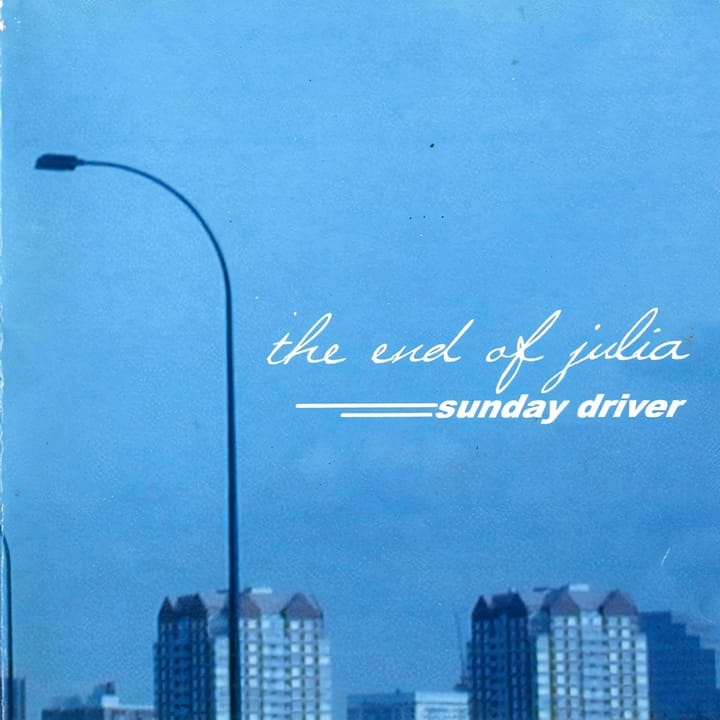Cindy Lee - Diamond Jubilee

I'm pretty sure Meaghan Garvey was the first person I saw post the link. You know the one: cartoon woman superimposed over a grain elevator, two hours and change, no demarcations. If you've made it here you probably even clicked it yourself--if not, take a minute:
Pretty good, right? Maybe you were drawn in by the acid fried guitar licks, or the spectral Brill Building harmonies, or the motorik grooves opening Disc 2. Perhaps you were enticed by the one that sounds like Steve Hiett if he'd fried his retinas with iPhone light. Perhaps you'd followed Women in their heyday (Cindy Lee mastermind Patrick Flegel was their frontperson) and have been keeping tabs on the members' new projects for years. Maybe you're like me, and the allure of an artist so defiantly bucking streaming conventions was enough to get you interested.
I won't touch too much on the music; there's not a lot I can say better than this anyway. In general, I avoid Discourse™️ for this very reason. A lot of people, many of whom I respect immensely, are good at keeping up, seeing the through-lines, making good points. Personally I relish the ability to tap out. Chappell Roan? Barely know who that is. Waxahatchee? I'm happy for her but that first single was just ok, I'll get to it when I get to it. Vampire Weekend? I still feel weird about the Ezra stuff; I'll probably check it out eventually. I'm almost always more interested by poking around older, forgotten corners of music. Oso Oso is basically the only band I'll reliably listen to on release day. Tributary is not, nor ever will be, a blog focused on current conversation, but Diamond Jubilee landed squarely in the purview and I'm not one to look a gift horse in the mouth.

"You can only hear this on YouTube and Geocities" is basically a bat signal for a guy like me. I would have ponied up the 30 Canadian dollars sight unseen for the sheer gumption alone--the fact that this is arguably my favorite record of the year thus far is a bonus. But I also recognize that I'm a certified nutjob who runs a blog about music that's somewhat difficult to listen to. This feels bigger.
The last artist I remember becoming visible while actively avoiding streaming was Hotline TNT. Nineteen in Love was released in similar fashion, as a 35 minute YouTube video with no breaks. The video's description still reads, "We have no choice - we have to keep going. Cancel your Spotify subscription." If memory serves, none of their music hit streamers until around this time last year, when I saw them a few times at SXSW as they were gearing up to drop Cartwheel. I don't blame them for making the switch: They're sitting around 72,000 monthly listeners on Spotify which, even with the predatory rates intact, amounts to a couple hundred dollars a month.
But even that was a more gradual rise, and Cartwheel, their true breakout, was promoted normally: singles, videos, a label announcement, widespread accessibility. Flegel doesn't seem like they're going to do any interviews to promote Diamond Jubilee. There's no label, no rollout, no advanced singles, no attempt to link the music to the known quantity of Flegel's older work. We're invited to take or leave this trove of songs--are we willing to go the extra mile? Do the digging? Choose our own favorite songs?
I can't find the tweet that suggests this is all a calculated gimmick, a way of parlaying obscurity into notoriety. That by adding a barrier to the average consumer, Cindy Lee is tricking them into thinking they are discovering something. I understand it as exactly the opposite: this is a removal of the barrier, a reminder that music is ultimately for anybody to experience without the mediation of technocrats who see art as a branding exercise. "Freely available on YouTube" is hardly a designation that requires a shovel. The response to Diamond Jubilee is heartening because it's making these trade-offs explicit to people who aren't thinking about them; and overwhelmingly, in ways I haven't seen since Spotify cornered the listenership market, people are choosing to exert that extra bit of effort to tune in.
Even the aforementioned Pitchfork rave, the one which prompted immediate sellouts in cities like New York* and Chicago, feels like a bastion reminiscent of a pre-Spotify world. At the end of the day, for a certain type of self-styled erudite consumer, Pitchfork is a layperson's music publication. Sure your coolest friend reads it religiously, but so does the most annoying guy you know, the funk-faker who needs their good opinions spoon-fed. My mom--admittedly extremely hip for a woman in her 60s--knows about Pitchfork. (My dad, 67 and measurably less hip, probably also does but I'm less confident). While the site is currently handing out Best New Music designations more often than ever, Diamond Jubilee is their highest rated record in four years. I don't actually think it's hyperbole to say that putting something this out there in front of so many people is virtually unprecedented in the streaming era.
*I would love nothing more than to smugly note I've been sitting on tickets for weeks but that is not the case. I did not anticipate this fervor and assumed tickets would be readily available. I will be braving standby at TV Eye unless somebody plugged in wants to hook it up somehow.
Just to be clear--I don't think this actually represents a shift back to the "old ways" of doing things. This is not a "retvrn" style argument for Pitchfork or similar sites to be able to bring bands forth from relative obscurity into a spotlight. I'd suggest that: 1) those narratives are nostalgic oversimplifications and 2) those are not practices we should aspire to reproduce. The rubicon has been crossed and there's no sense looking back. Cue Slim Charles:

I also don't think this is a replicable new way forward. Diamond Jubilee was a confluence of incredible circumstances: Flegel's acclaim in Women (already itself a cult project), years of refining the Cindy Lee sound, Chinese Democracy-levels of hype for the niche core fans and, above all, two fucking hours of incredible songs. Seriously--do not try this at home unless the music can back it up. None of this would have happened if the songs sucked.
A decade-plus of closely following Frank Ocean has taught me that very few artists actually understand the visionaries they claim to admire. "Sounds like Frank Ocean" is practically its own genre, yet none of it really sounds like Frank Ocean**. This is because people get caught up in the end product, honing in on a few sonic attributes and trying to replicate them. The truth is that Frank's music is fundamentally bizarre--he's constantly making left-field decisions that enthrall precisely because they should alienate. Mimicking the result doesn't capture the appeal, because the appeal is singular recombination. Nobody else can make Frank Ocean songs because nobody else can filter his exact mix of interests through his distinct voice and uncanny willingness to experiment (at least as within a pop format).
**This isn't limited to Frank--you can apply this framework to Kanye, Pavement, SZA... hell, I'd apply it to Silkworm. It works for anybody whose art is oft-referenced but functionally inimitable.
To this end I don't think the Cindy Lee fever sweeping the nation is remarkable because it offers a template for new success; I think it's remarkable because it shows there's legitimate interest in the underground. There is a crack in the armor, proof in the pudding that streaming isn't infallible. You can't mirror the end result, but you can respect the ethos. Take stock of your own interests, play to your own strengths. Ask yourself what you bring to the table that nobody else can. What can you access that nobody else has? What can you do that hasn't been done? Are there systems in place that you can use to your advantage? Spotify does not have to be the arbiter. A better world is possible--we just have to build it.


